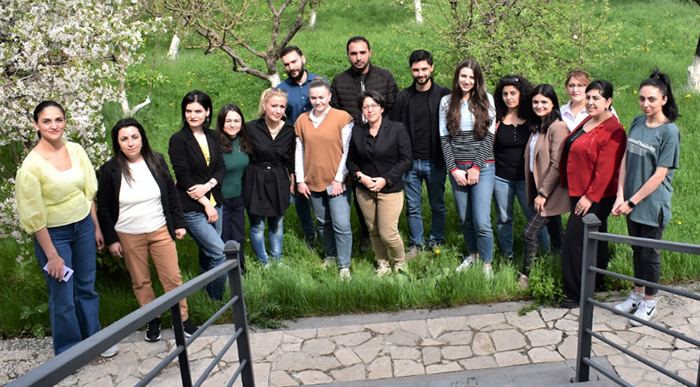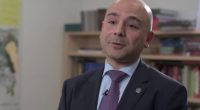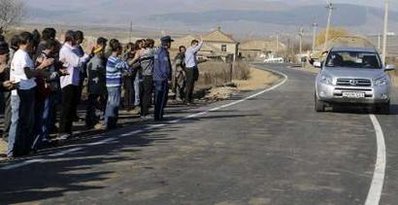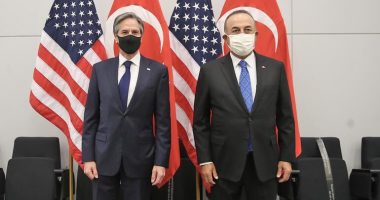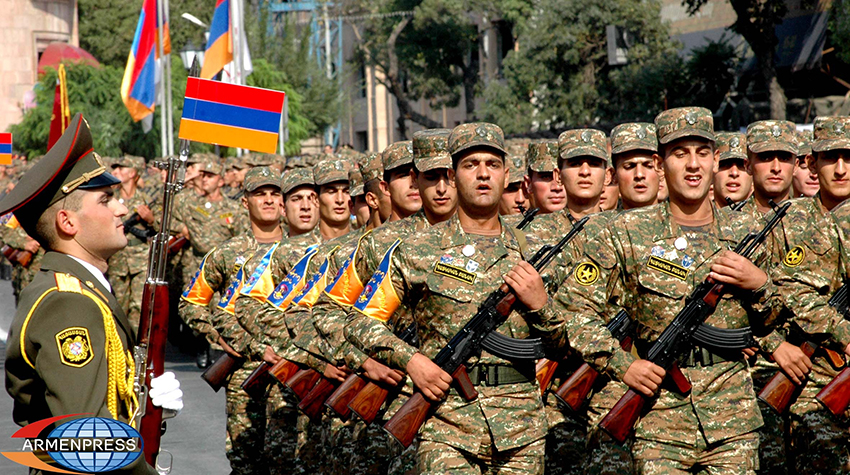The USC Institute of Armenian Studies is on a mission to provide the tools and resources necessary for students, instructors, and researchers in Armenia to enrich their work and integrate more deeply into global academic systems, including universities, conferences, and publications.
In April 2022, professors and researchers from three universities in Armenia gathered for phase one of a three-day hybrid seminar (remote & live) on research methods. The purpose was not only learning about best practices in research methods but also learning to teach research methodology to their own students. Weeks later, the same professors passed on their knowledge and skills and led their own training sessions for master’s level students from all over Armenia and Artsakh.
“The continuity, sequence of topics, conducted over two sessions is multiplying the program’s impact by not just training students, but training the instructors who will be teaching hundreds of students,” said Institute Associate Director Syuzanna Petrosyan.
How is this done? Dr. Artineh Samkian, an Associate Professor at the USC Rossier School of Education whose Ph.D. is in Social Research Methodology, from the UCLA Graduate School of Education and Information Studies, is the Institute’s leading partner in this endeavor. At the same time, on the ground in Armenia, Dr. Naira Sahakyan, a lecturer at both American University of Armenia and Yerevan State University and a researcher at the Genocide Museum-Institute, coordinates the selection of participating instructors and students.
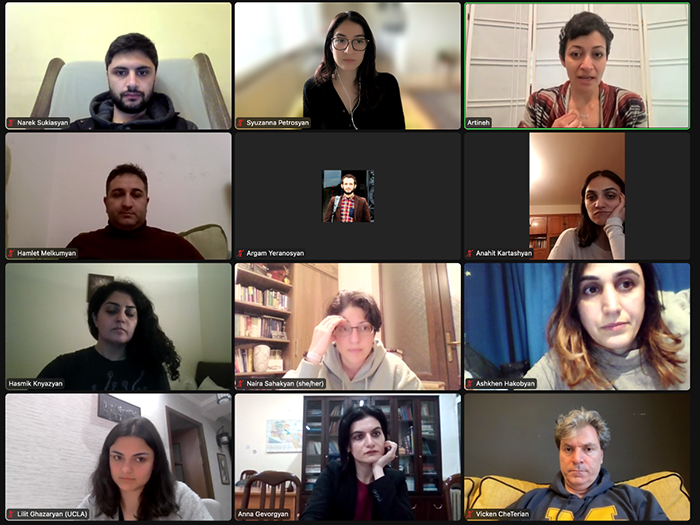

“Dr. Samkian not only teaches research techniques, but she also specializes in teaching how to teach, how to relay information, how to formulate a curriculum,” Petrsoyan said.
The master’s students, who are from Yerevan, Etchmiadzin, Vanadzor, and Stepanakert, come from a variety of academic backgrounds and are at a crucial point in their academic trajectories. The range of research interests include post-Soviet education in Armenia, Turkey’s soft power, access to healthcare in the country, Qatar’s foreign policy in the Caucasus, Armenia within Russia-Azerbaijan relations, and much more.
This week, Dr. Samkian is in Armenia for a third seminar with instructors as well as with students. The program is expected to continue on a rolling basis and in partnership with different universities in the country.

